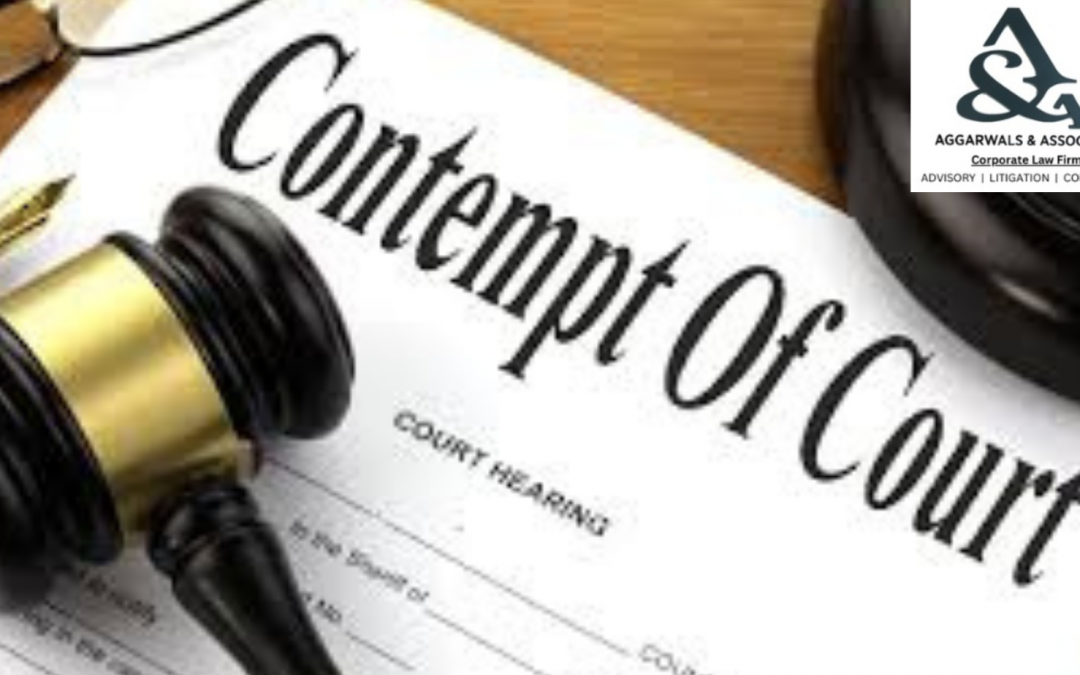Before going into details, one must need to understand these basic terms i.e. Media and Contempt of Court. Media are the communication outlets or tools used to store and deliver information or data. The term refers to components of the mass media communications industry, such as print media, publishing, news media, photography, cinema, broadcasting, digital media, and advertising. Media is essential to our society, serving as a watchdog and holding those in power accountable for their actions. However, the freedom of the press is not absolute and can be restricted in certain circumstances, such as contempt of court.
Contempt of court refers to any act that obstructs or interferes with the administration of justice.
Media and Contempt of Court: What is it?
Contempt of court can be divided into two categories: civil contempt and criminal contempt. Civil contempt refers to disobedience of court orders, while criminal contempt is any act that tends to interfere with the administration of justice. Media can be held in contempt of court if they publish or broadcast anything that tends to prejudice the administration of justice or interfere with the due process of law.
Examples of contempt of court by the media can include publishing details of a defendant’s criminal history or previous convictions before the trial or revealing the identity of a victim or a witness in a sexual assault case. In such cases, the media may not have intended to interfere with the administration of justice, but the impact of their actions can be severe.
Implications of Contempt of Court by the Media
The implications of contempt of court by the media are significant. It can undermine the fairness of a trial, resulting in a mistrial or the acquittal of a guilty defendant. Moreover, it can jeopardize the safety of victims, witnesses, and even judges, who may be targeted for reprisal or intimidation.
Contempt of court by the media can also erode public confidence in the justice system. If the public perceives that the media is influencing the outcome of a trial, they may lose faith in the impartiality and integrity of the courts, which can have long-term consequences for the rule of law.
How to Avoid Contempt of Court
Avoiding contempt of court requires a nuanced understanding of the law and a commitment to ethical journalism. The media should refrain from publishing or broadcasting anything that can prejudice the administration of justice, such as details of a defendant’s criminal history or previous convictions before the trial, or the identity of a victim or a witness in a sexual assault case.
Moreover, the media should respect court orders, such as suppression orders or publication bans, and seek legal advice before publishing or broadcasting anything that may breach these orders. They should also ensure that their reporting is fair, accurate, and balanced and that they give equal weight to the prosecution and the defence.
Conclusion
Media plays a crucial role in our democracy, but that role comes with certain responsibilities. Contempt of court by the media can have severe implications, and journalists must be mindful of the impact of their reporting on the administration of justice. By adhering to ethical standards and the law, the media can ensure that their reporting is fair, accurate, and does not prejudice the outcome of a trial.
-Surbhi Singla
Associate at Aggarwals and Associates, SAS Nagar, Mohali


